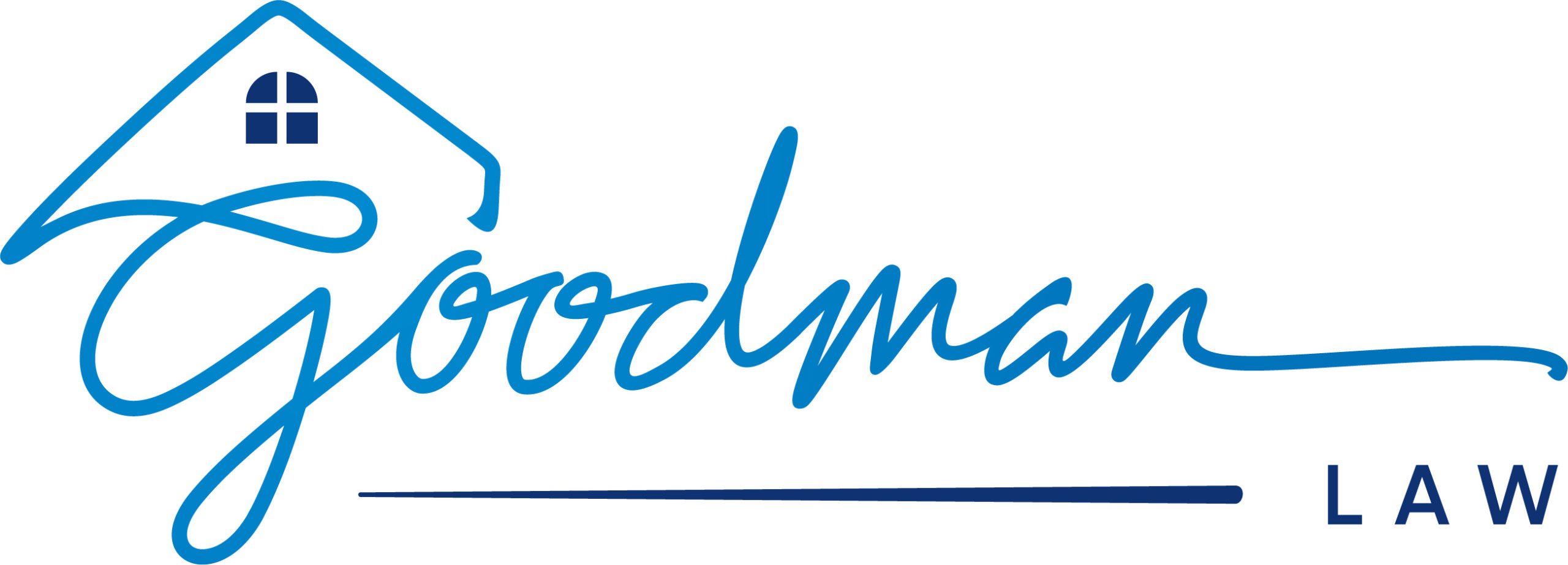There are few things more devastating than experiencing bankruptcy. When a person enters bankruptcy proceedings, there are countless things that they may not have considered that will ultimately impact their financial future. One thing that many people may not have thought about when filing for bankruptcy is whether or not they will need to continue paying their homeowners association (HOA) fees and assessments.
The way that a bankruptcy filing affects a relationship between an HOA and a resident will largely depend on the type of bankruptcy that the person is filing for. Because bankruptcy is often a challenging concept to understand, it’s often advisable for HOA representatives to consult with an HOA law firm in Arizona to get a firmer understanding of the way that a resident’s filing for bankruptcy will impact the community.
Chapter 7 bankruptcy
When filing for Chapter 7 bankruptcy, a person’s liability to pay outstanding HOA fees will largely depend on when they file their case and whether or not they’re surrendering their home during the proceedings.
If the resident intends to keep their property after bankruptcy proceedings are complete, they should continue paying their HOA dues, including any dues that are outstanding.
If the resident is surrendering their home as part of bankruptcy proceedings, however, they should be aware that they will still likely be obligated to pay some HOA fees. When a person files for bankruptcy, they will be discharged from having to pay any dues that accrued prior to
their filing date. However, the HOA will typically maintain a lien on the property. This means that they can move it into foreclosure, and continue to assess fees until the home is legally sold to another buyer. Any fees that are assessed after the filing date are the resident’s legal responsibility.
Chapter 13 bankruptcy
If a resident is filing for Chapter 13 bankruptcy, the way that the HOA will handle their fees will change slightly. Unlike a Chapter 7 bankruptcy filing, post-filing fees assessed by the HOA are dischargeable under Chapter 13 bankruptcy.
An HOA may file a proof of claim during a resident’s bankruptcy proceeding, asking them to cover their attorneys’ fees and other expenses. Depending on local and state regulations, a resident may be able to contest these charges in Chapter 13 bankruptcy.
Due to the relatively convoluted and confusing nature of bankruptcy laws and the ways in which they relate to HOAs, it’s advisable to consult with an HOA attorney in Arizona when a resident has filed for bankruptcy or any other type of legal action has been initiated that may affect the HOA and the community.
At the end of the day, it’s always advisable and financially advantageous for residents to stay on top of their HOA payments, and to pay any fees assessed as scheduled.
The Goodman Law Group is an HOA law firm in Arizona specializing in protecting HOAs’ interests. We’re proud to partner with communities across the state. We possess the skills and expertise necessary to help HOAs navigate the complex world of bankruptcy filings and other legal maneuvers. You can count on us to be a dependable HOA attorney in Arizona.
